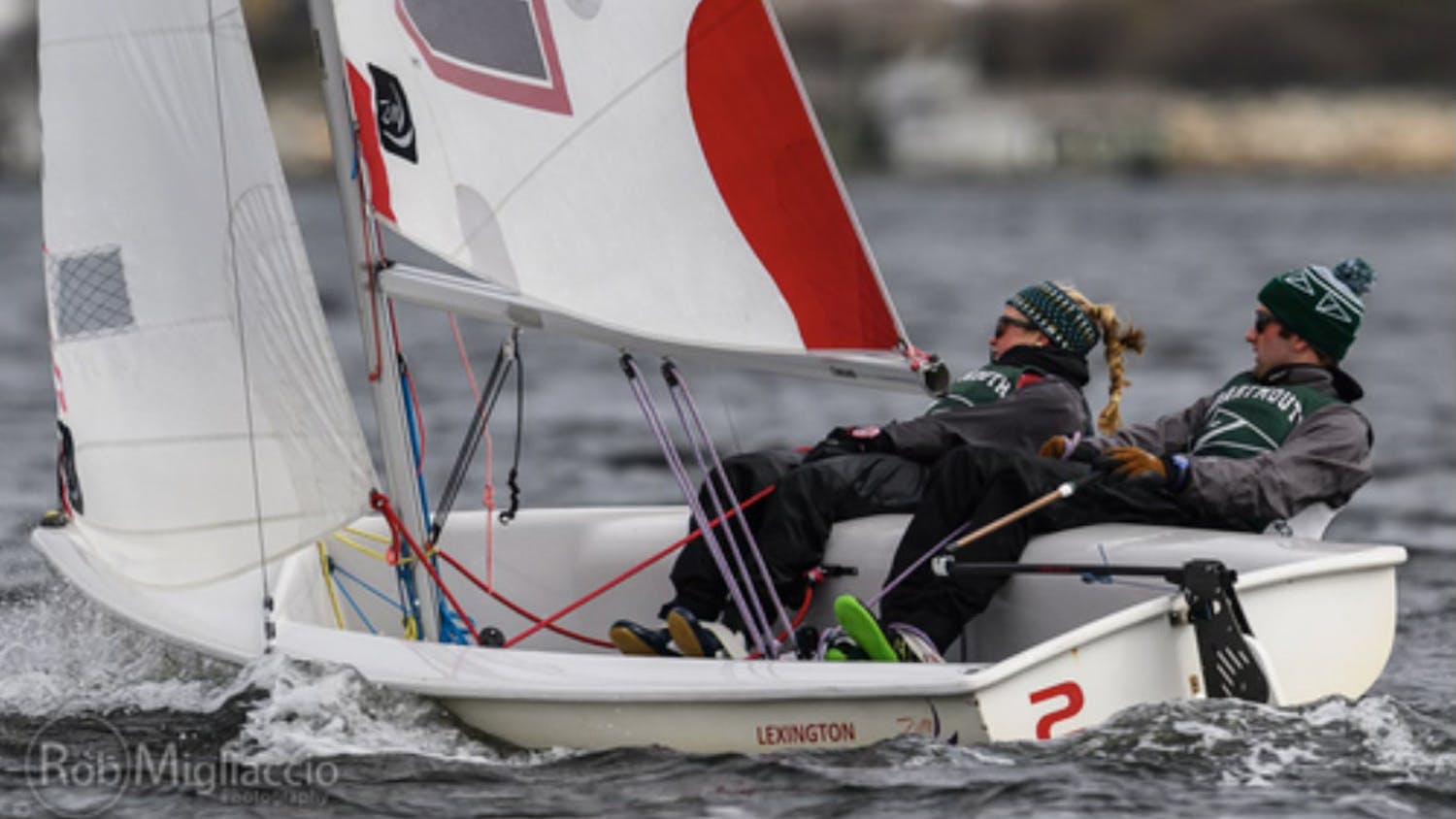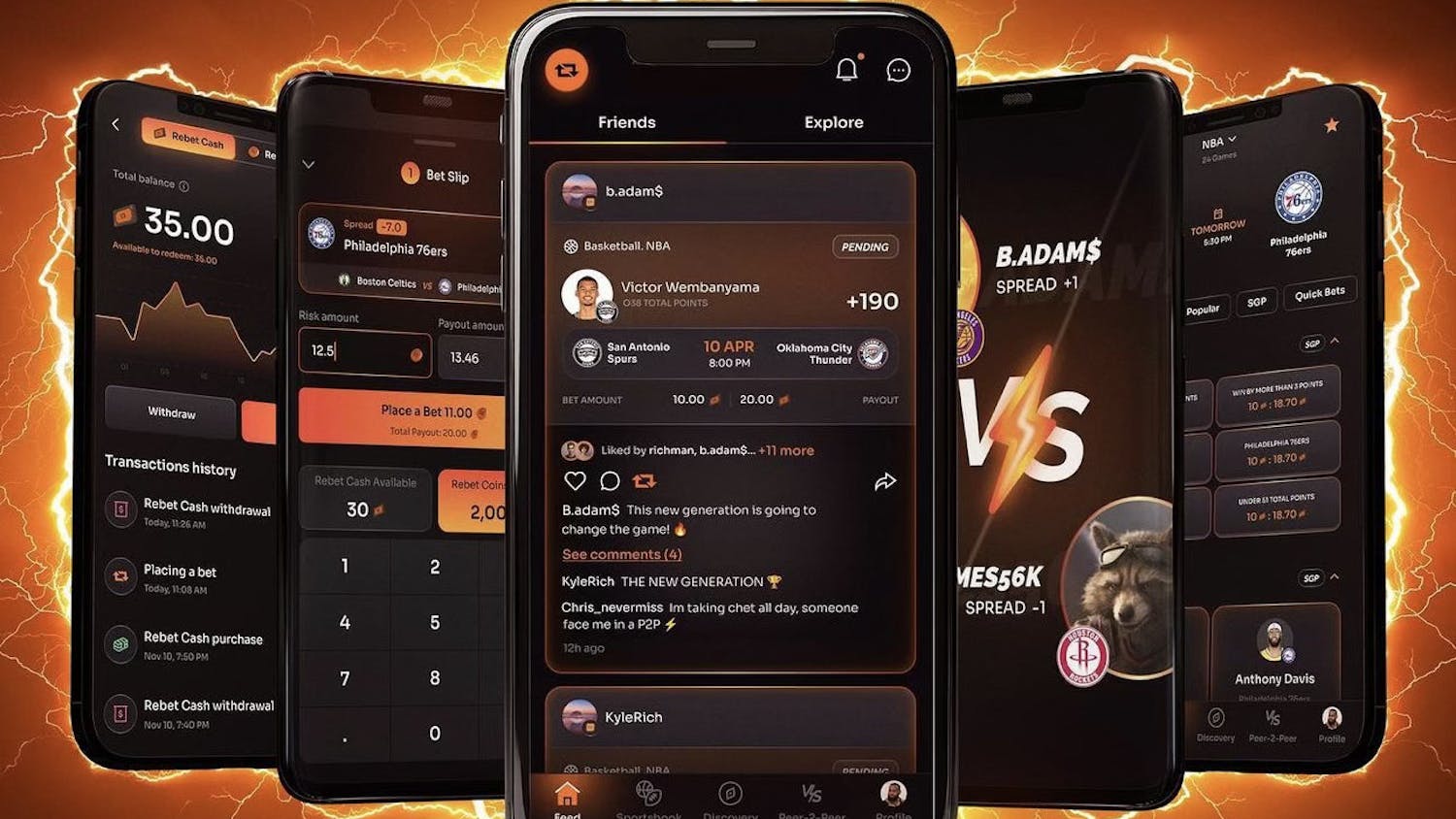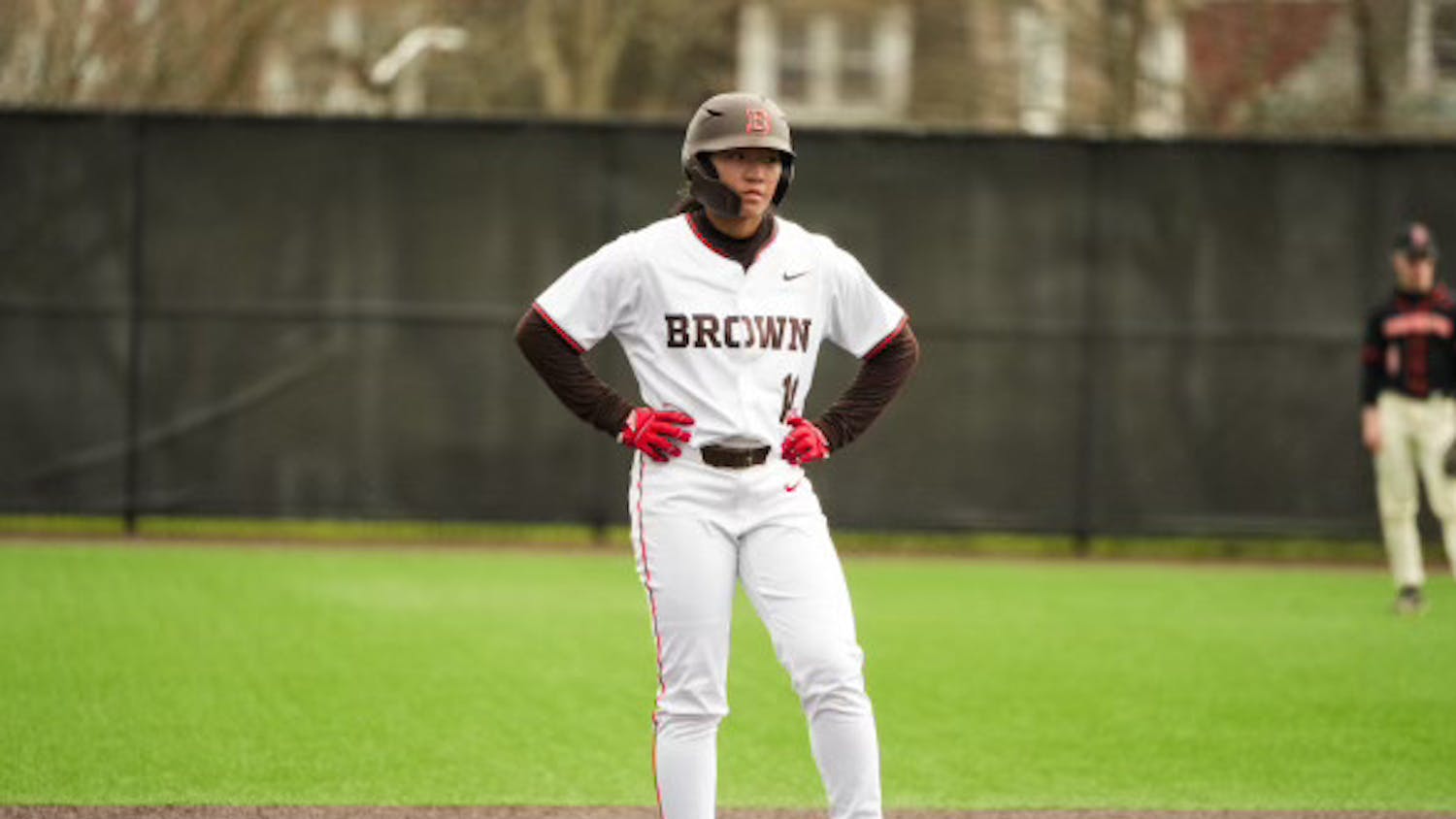[slideshow_deploy id='119978']This Friday, the Dartmouth baseball team will be playing against the NCAA’s No. 1 ranked University of Florida. For an Ivy League school, playing against the top team in the country in any sport is rare, but for the Big Green baseball and softball teams, playing against the best teams in the country happens all the time. The 127th ranked team overall and 2nd ranked Ivy League team in the NCAA RPI rankings from the end of last season (Florida finished 6th), Dartmouth baseball seeks these challenges early in the season because it should.
“We know going in that this will be a tough game,” baseball co-captain Duncan Robinson ’16 said. “But it gives our team confidence when we can hang with teams that are national powerhouses. It helps us prepare for big games down the road.”
More than just confidence building, top competition provides invaluable experience. When both Big Green’s baseball and softball teams have played against top teams such as Florida, Texas A&M University, Louisiana State University, the University of Oklahoma and Auburn University, Dartmouth’s hitters get the opportunity to see some of the best pitching the nation has to offer.
“It gives us a baseline of where we are at and prepares us for Ivy play,” baseball co-captain Thomas Roulis ’15 said. “We get a good foundation to get the ball rolling.”
Facing challenging pitching early in the season eases the transition into conference play where the pitching is of a lower caliber.
“It’s meant to be much easier to transfer from tough pitching against the best schools to against Ivy League pitching,” last year’s softball team home run leader Katie McEachern ’16 said. “We tend to get better contact playing against Ivy teams. Their pitching leaves the ball over the plate much more often.”
Even though players look forward to these experiences to improve, on paper it can seem detrimental to the team. Last season’s baseball team, for example, held a win percentage of .800 and record of 16-4 in the Ivy League, but exhibited a less than stellar overall win percentage and record at .488 and 21-22, respectively. Caused by the rigorous schedule, both teams’ overall records tend to experience deflation, looking worse than what they could be.
“These last two years we’ve definitely played the top 25 in the nation more,” softball’s ace pitcher Morgan McCalmon ’16 said. “It’s because of how much our program has grown from when five or six years ago there was no way we could have held our own against some of the teams we’re playing now.”
When Dartmouth competes against significantly more challenging teams, it shows the quality of the Big Green programs. Dartmouth baseball has competed in the last eight Ivy League championships, claiming two league titles, while softball claimed the most recent two league titles back-to-back.
The difference in win percentage between Ivy League and overall baseball competition for the Big Green is substantial. Even though last season’s baseball team had .800 Ivy League win percentage, its overall win percentage was 32 win percentage points lower at .488.
The top Ivy league teams experience the greatest discrepancies between their Ivy win percentage and overall win percentage; this means that they play against baseball teams that are harder to beat compared to those at the bottom of the Ivy rankings. In fact, Harvard University has a negative difference in win percentage which means that they are likely facing easier teams to beat in non-Ivy competition. It’s also important to note this is a cumulative account of the past two years — Harvard will be playing Florida as well this season. Does tougher competition directly lead to success? Roulis seems to think so.
“It’s a great experience playing in front of a packed house and some of the top pitchers and position players,” Roulis said. “It helps me focus in on the moment and really gets me going for Ivy competition. The beginning of the season puts me in the baseball state of mind, baseball mode.”
A strong positive linear relationship exists between Ivy wins and difference between Ivy and overall win percentage. This means that there is likely a strong correlation between teams that perform well in the Ivy League and play against better teams. Correlation does not mean causation, however, in that even though there are factors in playing better teams that might contribute to Ivy success such as confidence building and seeing better pitching, Dartmouth’s success is not solely determined by its ambitious scheduling. Harvard, again, for example probably would not get better or improve its win percentage by loading up their schedule entirely of top 25 teams.
“Columbia [University] like us plays a competitive schedule,” Robinson said. “Other teams have similar ideas that we have. Personally, I’ve been playing like this my entire career here. It’s nice to change things up from the Northeast and play down south for weather and venue purposes.”
Other, strong Ivy programs play against top competition too. Aside from the great weather and filled stadiums, it gives the teams a fair evaluation of themselves and provides a taste of regional competition on the chance that one of the teams wins the Ivy League championship.
“Playing tough teams sets up for success in the long run,” McEachern said. “When we win Ivies and go to regionals we have to compete against them anyways. Even if we don’t necessarily play against the same teams, we will face a similar level of play that isn’t in the Ivy League.”
At the end of the day, most players aren’t concerned with thinking about who they’re playing or psyching themselves out too much about the game. They take it one challenge at a time, improving with each swing of the bat, pitch thrown and ball fielded. With only victory in mind, the Big Green’s players are excited to take on what’s not only the most challenging part of the season, but also the time when they find who they are as a team.
“We’re still figuring things out,” Robinson said. “But when we go down to play Florida, we’re putting the best players on the field and we’re looking to win all three games.”



